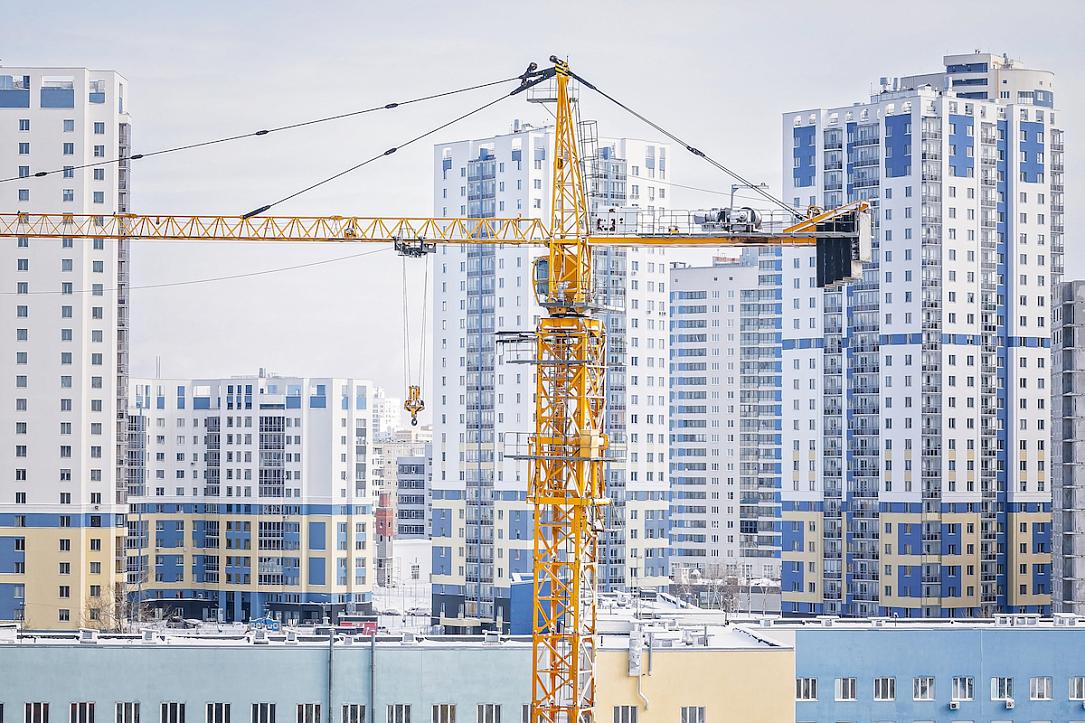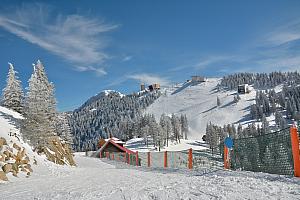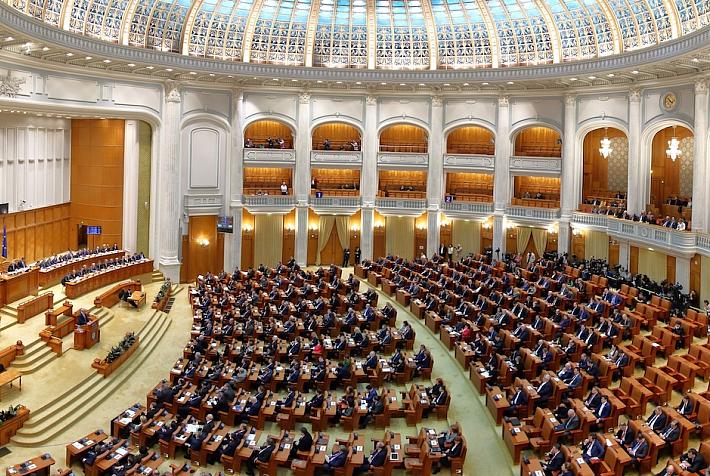European, public funds push up Romania’s construction sector by 14.2% y/y in 2023

The construction work volume in Romania increased by 14.2% y/y in 2023, the statistics office INS announced.
The average annual growth rate for the sector was 13.6% per annum over the past five years. The public investment projects, logistics and industrial segment, and, to a smaller extent, a possible recovery in the residential segment (after the interest rates decrease, most likely in 2025) will keep the growth rates in the same region for the coming couple of years.
The growth rate has been robust, in the double-digit area, in each quarter last year – but it particularly peaked at 17.7% y/y in Q4.
The segment of civil engineering works, which includes infrastructure projects, was the main growth driver for the entire construction sector in 2023. The volume of construction works in such projects surged by 33% y/y in 2023.
The segment will remain highly dynamic this year, minister of economy Radu Oprea commented – pointing to the record RON 120 billion (EUR 24 billion) budget earmarked for public investments in 2024, Mediafax reported. Furthermore, minister Oprea announced that a grant scheme dedicated to stimulating the local production of construction materials will be launched soon.
In contrast, the high interest rates and households’ incomes being eroded by the high inflation dragged down by 6.6% y/y the volume of projects in the residential buildings segment.
Somewhere in between, reflecting the diverse dynamics of its sub-segments (retail, office, logistics, and industrial), the volume of construction works in the non-residential buildings segment advanced moderately by 2.2% y/y in 2023.
On a broader, medium-term perspective, each of the three segments of Romania’s construction market advanced by 13%-14% per annum over the past five years.
There was a period when the residential segment thrived (2019-2021) on low interest rates, whereas the civil engineering segment particularly advanced in 2023, and also in 2019 and 2020. Perhaps the most volatile segment has been the heterogeneous segment of non-residential buildings: it plunged from +49% in 2019 to -11.3% in 2021.
iulian@romania-insider.com
(Photo source: Yyury Sevryuk/Dreamstime.com)













